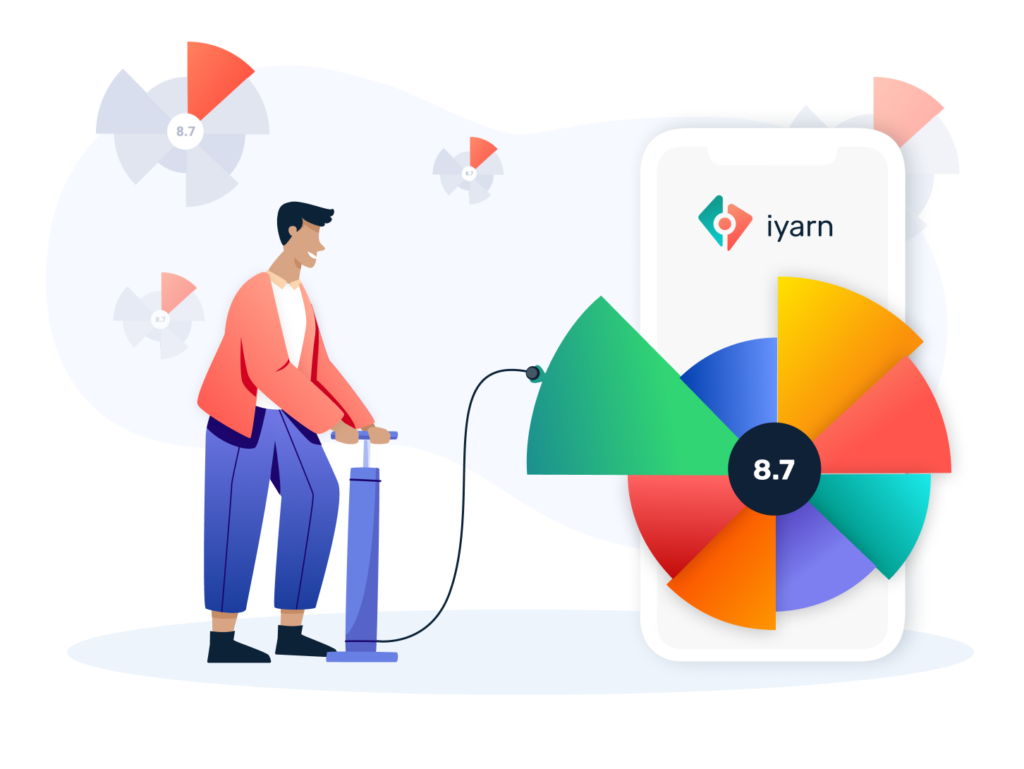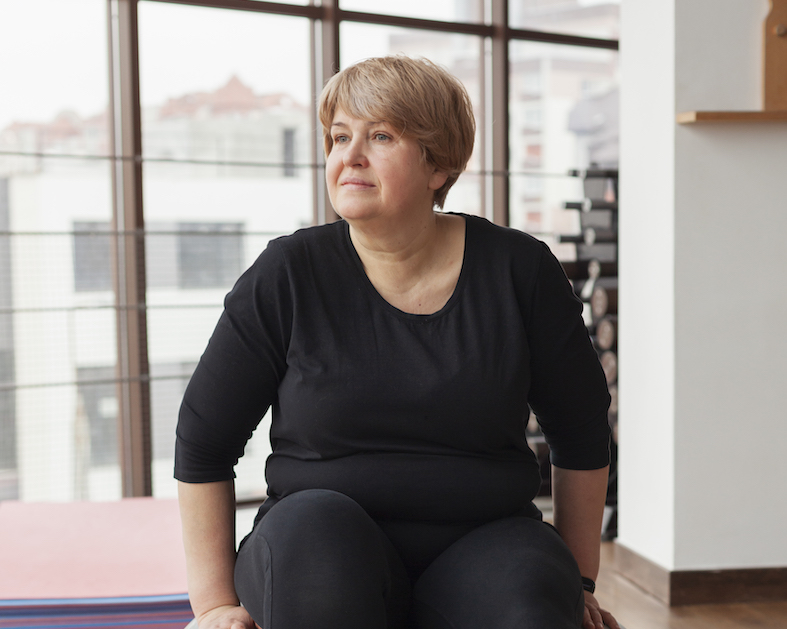How to build an atomic habit around checking in
Did you know you can transform your life with tiny changes in behaviour, starting now?
Atomic Habits is a classic self-help book. It’s a New York Times and Sunday Times bestseller and widely talked about on TikTok.





What are atomic habits?
People think that when you want to change your life, you need to think big. But world-renowned habits expert James Clear has discovered another way. He knows that real change comes from the compound effect of hundreds of small decisions: reading for 15 minutes a day or waking up five minutes early.
He calls them atomic habits.
In his ground-breaking book, Clear reveals exactly how these minuscule changes can grow into such life-altering outcomes. He uncovers a handful of simple life hacks (the forgotten art of Habit Stacking, the unexpected power of the Two Minute Rule, or the trick to entering the Goldilocks Zone), and delves into cutting-edge psychology and neuroscience to explain why they matter. Throughout the book, Clear shares inspiring stories of successful people in a range of industries who have used the science of tiny habits to stay productive, motivated, and happy.
Check out this video of James Clear explaining how to get 1% better everyday with atomic habits:
The 4 stages of forming an atomic habit
We’ve summarised the 4 stages below:
- Cue – Be clear on your goal and decide when you’re going to do it. Try writing a story imagining it’s 6 months from now and you have’t achieved your goal, what caused you to fail?
- Craving – Be the architect of your environment not the victim of it. Do something to make your good habits easier and your bad habits harder.
- Response – In the beginning, just do it, hone the skill. Any outcome you want to achieve is just a spot in the spectrum of repetitions.
- Reward – The only reason we repeat behaviours is because we enjoy them, because we like the reward. If we don’t enjoy the experience along the way we’re unlikely to stick with it so you need to bring a reward to it. There’s a cost in the moment such as time that could be spent on other things, but reward is delayed.
How can you use atomic habits for checking in?
Checking in regularly with the people around you can help to normalise being open about emotions, making it easier to celebrate wins together and share when someone is struggling.
We’ve put together some examples of how to implement the stages of forming an atomic habit to help you check in with yourself and others more regularly.
1. Cue
So you’ve decided you want to check in with friends, family, colleagues, or neighbours…
Decide a time each day that you can stick to and how you’re going to check in. You could have a quick 5 minute phone call, grab a coffee, or go for a walk with the person you want to check in with and ask how they’re really going.
You don’t need to have all the answers, you can just listen. Read our article on how to be a better listener here to learn more.
2. Craving
To make it attractive you could choose to have your check in at your favourite restaurant or coffee shop so that you get to eat your favourite food, or participate in your favourite activity to make the habit more pleasurable.
3. Response
Make it easy to carry out the check in. You can set check in reminders on iyarn, use our wheel templates to quickly set up an iyarn wheel to check in on the areas that matter most to each of you, book the table at the restaurant ahead of time, or add their phone number to your favourites so you can find it easily.
Find what works for you and stick to it.
4. Reward
It helps to have an instant reward for performing the habit, it can be as simple as putting a big X in your calendar for completing a check in that day and try to keep up the chain!

The simple tool for checking in
iyarn is a powerful tool for checking in on others and on the areas that matter most. You can share results from your iyarn wheel with a friend or invite others to complete a check in. It’s a great way to start a conversation.
Try iyarn today. There is a free version here that is perfect to get started.




